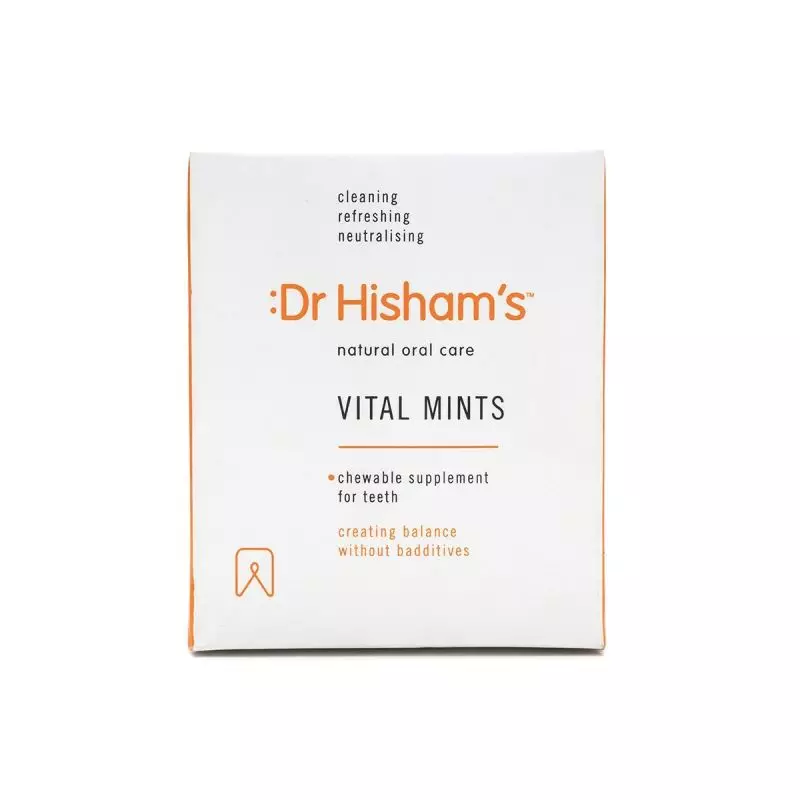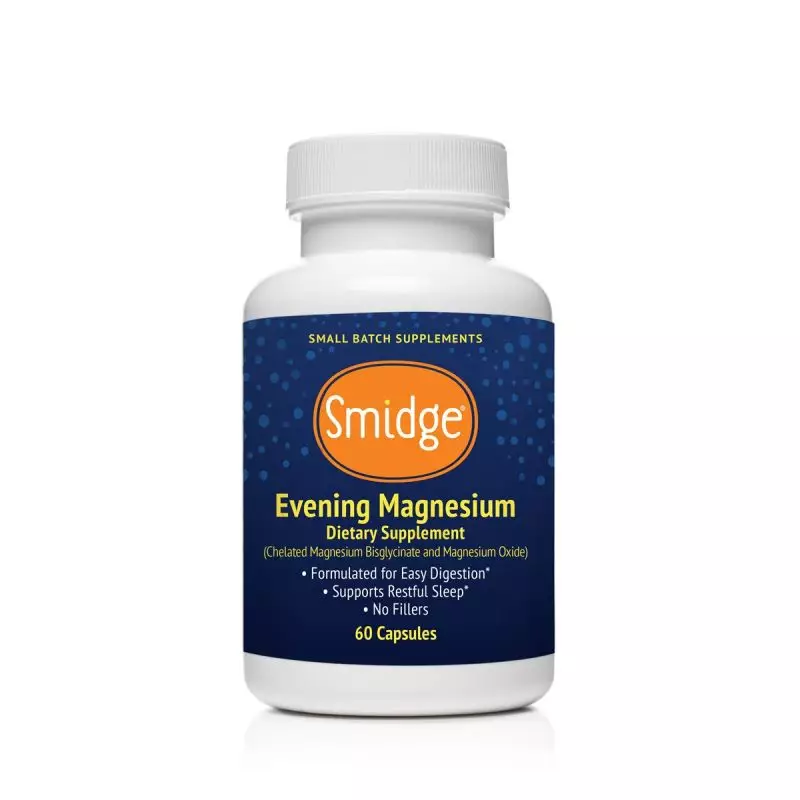In our pursuit of better health and well-being, we often overlook the fundamental components of our vitality – essential vitamins and minerals. These micronutrients are key contributors to maintaining our daily health, yet many of us may not fully recognise their importance. While we won't be making any direct health claims or suggesting miraculous cures, this article aims to educate and illuminate the roles these essential elements play in our general wellness practices.
Understanding Essential Vitamins
1. Vitamin A: Recognised for supporting healthy eyesight, vitamin A is noted for its role in supporting healthy vision. It also contributes to normal immune system function and cell growth, and helps maintain healthy skin. Sources of vitamin A include foods such as carrots, sweet potatoes, and spinach.
2. Vitamin C: Acknowledged for immune system support, vitamin C contributes to the protection of cells from oxidative stress and is involved in collagen production, important for skin health. Citrus fruits, strawberries, and bell peppers are all rich in vitamin C.
3. Vitamin D: Known as the ‘sunshine vitamin’, our bodies can synthesise vitamin D upon exposure to sunlight. It contributes to the normal absorption of calcium and phosphate, and supports bone health. Fatty fish, fortified dairy products, and sensible exposure to sunlight can help maintain adequate Vitamin D levels.
4. Vitamin E: Recognised for its antioxidant properties, vitamin E is a nutrient that helps protect cells from oxidative stress and supports skin health. Sources include nuts, seeds, and vegetable oils.
5. Vitamin K: Contributes to normal blood clotting and the maintenance of normal bones. It can be found in green leafy vegetables like kale, spinach, and broccoli.
Understanding Essential Minerals
1. Calcium: Known for its role in bone health, calcium is known for supporting the health of bones and teeth. It is also involved in muscle function and blood clotting. Good sources include dairy products, leafy greens, and fortified foods.
2. Magnesium: Involved in numerous bodily processes, magnesium aids in supporting muscle and nerve function, blood glucose control, and bone health. Magnesium-rich foods include nuts, seeds, and whole grains.
3. Iron: Essential for the transportation of oxygen, iron contributes to the normal formation of red blood cells and haemoglobin. Red meat, poultry, and beans are good sources of iron.
4. Potassium: Supports normal muscle function, potassium is important for maintaining normal muscle and nerve function and helps to maintain normal blood pressure. Foods such as bananas, potatoes, and oranges are good sources of potassium.
5. Zinc: Contributes to normal immune function, zinc contributes to the normal function of the immune system, wound healing, and DNA synthesis. Red meat, poultry, and beans are sources where zinc can be found.
Balancing Micronutrients for Wellness
Understanding the roles of these vitamins and minerals is crucial, yet achieving a balance is equally important. No single vitamin or mineral alone can provide all we need. They work in synergy to support overall health.
Here are some tips for balancing these micronutrients:
1.Eat a Variety of Foods: A diverse diet ensures a broad spectrum of vitamins and minerals. Include fruits, vegetables, whole grains, lean proteins, and healthy fats in your diet.
2. Consideration of Supplements: Supplements may be useful for those with specific deficiencies. It's generally best to obtain nutrients from whole foods, and you should consult a healthcare professional before beginning any supplement regime.
3. Cooking Methods: Some nutrients can be sensitive to heat and may be lost during cooking. Methods such as steaming can help retain nutritional value.
4. Dietary Restrictions: If you have specific dietary restrictions, consult a nutritionist to ensure you're receiving all the nutrients your body requires.
Understanding the contribution of essential vitamins and minerals to daily health is a key aspect of general wellness practices. These micronutrients are vital for maintaining well-being, and a balanced diet is crucial to obtaining these nutrients.
General wellness encompasses various factors, including diet, physical activity, sleep, and stress management. By focusing on these fundamental aspects, you can work towards a healthier lifestyle.
To delve deeper into your health journey, we invite you to browse our selection of vitamin and mineral products. While supplements can provide insights and support, a varied diet is the foundation of good health.
Each choice you make can contribute to a healthier future. We thank you for exploring the roles of essential vitamins and minerals with us, and we're here to support your wellness journey every step of the way.

 EU Store
EU Store  UK Store
UK Store NZ Store
NZ Store AU Store
AU Store





















